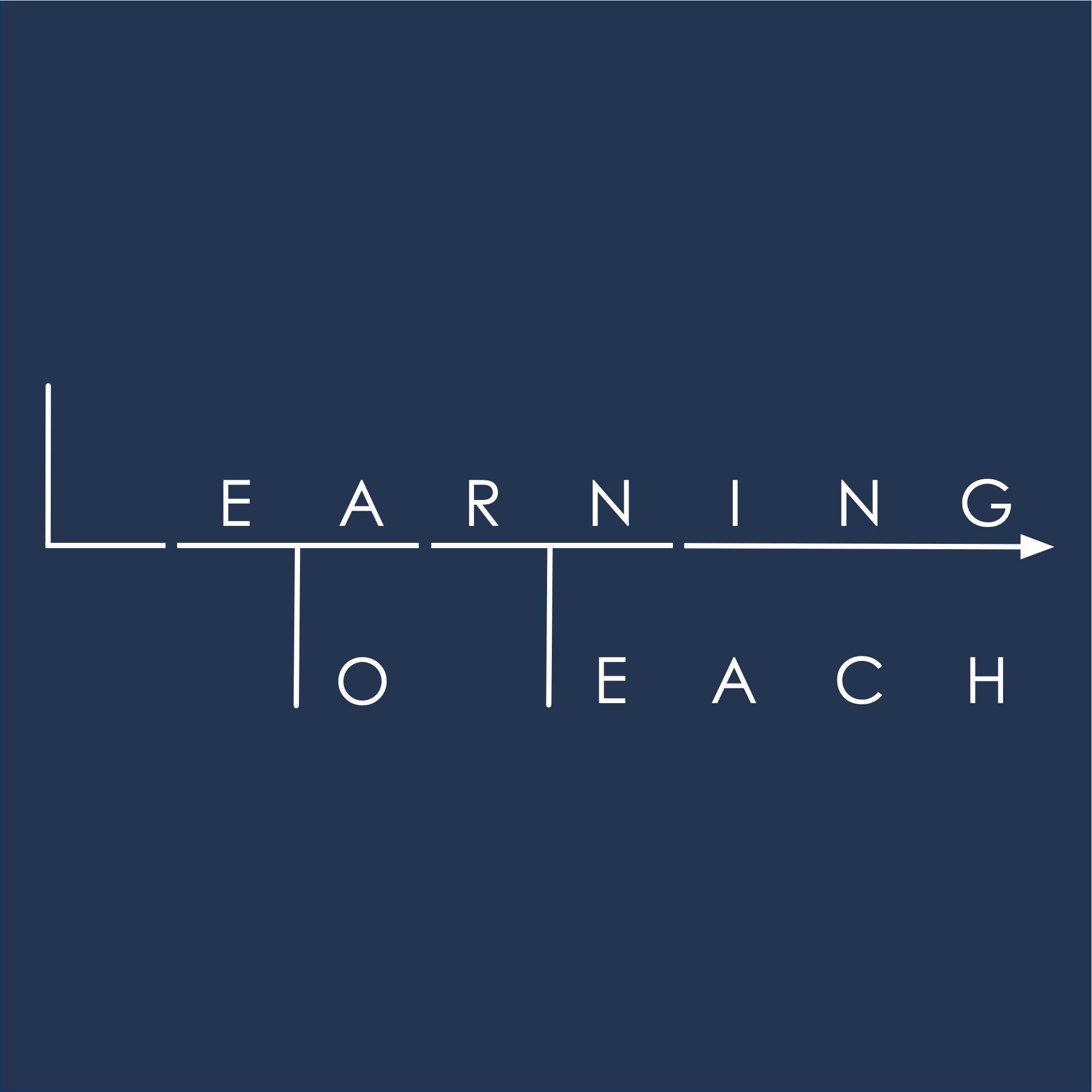
Can Teachers Find A Better Term Than "Relationships?"
“The secret isn't in the development of the individual relationships themselves; it's in the mindsets, the attitudes, the way we respect our students and value their voices each day that can create an environment, a classroom culture of tolerance, empathy, and open-mindedness in which authentic relationships can be formed.”
Teachers, especially new teachers, are bombarded with buzzwords, and perhaps the one that comes up the most is "relationships." I've heard the term at every PD I've ever attended; I myself use it liberally and even hosted an episode of the Modern Classrooms Podcast on the topic.
When I was a brand new teacher, this was one of the buzzwords I most struggled to decode and translate from theory into practice. As a pretty mediocre (to put it very, very kindly) first year teacher, I didn't really understand how I was expected to forge "authentic relationships" with over 180 different kids, many of whom really didn't like me. Relationships take time; they require trust and commitment from both parties, and being told to undertake that journey with 20 different young people at the same time, five times a day, while also teaching content, was not only daunting but also demoralizing as I constantly found myself grasping for control or getting into petty arguments with kids, utterly failing to develop anything resembling positive relationships.
I wonder if the term "relationships" is part of the problem here. I'm at a point in my career where I understand what is meant by that term, but I also remember the feeling of emotional overwhelm around how to build up so many relationships in such a short time, again and again, year after year. Perhaps the focus on the individual relationships between teacher and students has us missing the forest for the trees - some students will resist relationships with some adults, and this is something we can't control, so the term itself establishes a fail-state. What we can control, however, is our attitudes and the way we interact with our students in general, and we can measure our progress here by our own actions rather than staking our success (or failure) on the particular relationships we develop with each student.
The secret isn't in the development of the individual relationships themselves; it's in the mindsets, the attitudes, the way we respect our students and value their voices each day that can create an environment, a classroom culture of tolerance, empathy, and open-mindedness in which authentic relationships can be formed. I can't control who chooses to form a positive relationship with me, but I can control my attitude and broader approach to interacting with the young people who, for better or worse, learn from me as I model positivity and emotional maturity, and respond best, just like we all do, to kindness and warmth.
I've made relationship-building my central focus, and the defining aspect of my identity as a teacher, because I've seen how beneficial positive interactions with students can be (as well as the importance of modelling active listening and positive ways of dealing with disagreement). Kids seem to like me and my class, despite the fact that my curriculum is rigorous and my grading is unforgiving, which I think speaks to the incredible value of sheer, unrelenting kindness. This isn't something that comes intuitively to young teachers who just want to be popular. We all want our students to like us and our class, of course, but when we're more focused on getting our awesome content into the kids' brains than on hearing and valuing whatever is in those brains already, we wind up, despite our best intentions, grasping for straws amidst a large group of people who want remarkably little to do with us.
What shall our new buzzword be, then? What umbrella term can encompass those strong relationships we develop with kids but also the broader mindsets we adopt in order to transform our classrooms into positive environments where they can flourish? "Kindness" does the trick, but it doesn't have the same buzzword-worthy ring to it, since kindness is a virtue in all walks of life. But then again, our classrooms are no different from the rest of the world, and our students are just as deserving of kindness as anyone else in our lives. As we gather experience and learn to forge positive relationships with our students, perhaps we can broaden our horizon and take notice of how we're able to forge those relationships, and the conditions that make them possible, so that new teachers can better learn that kindness and respect should be a higher priority, a more central focus, than any individual relationship.
